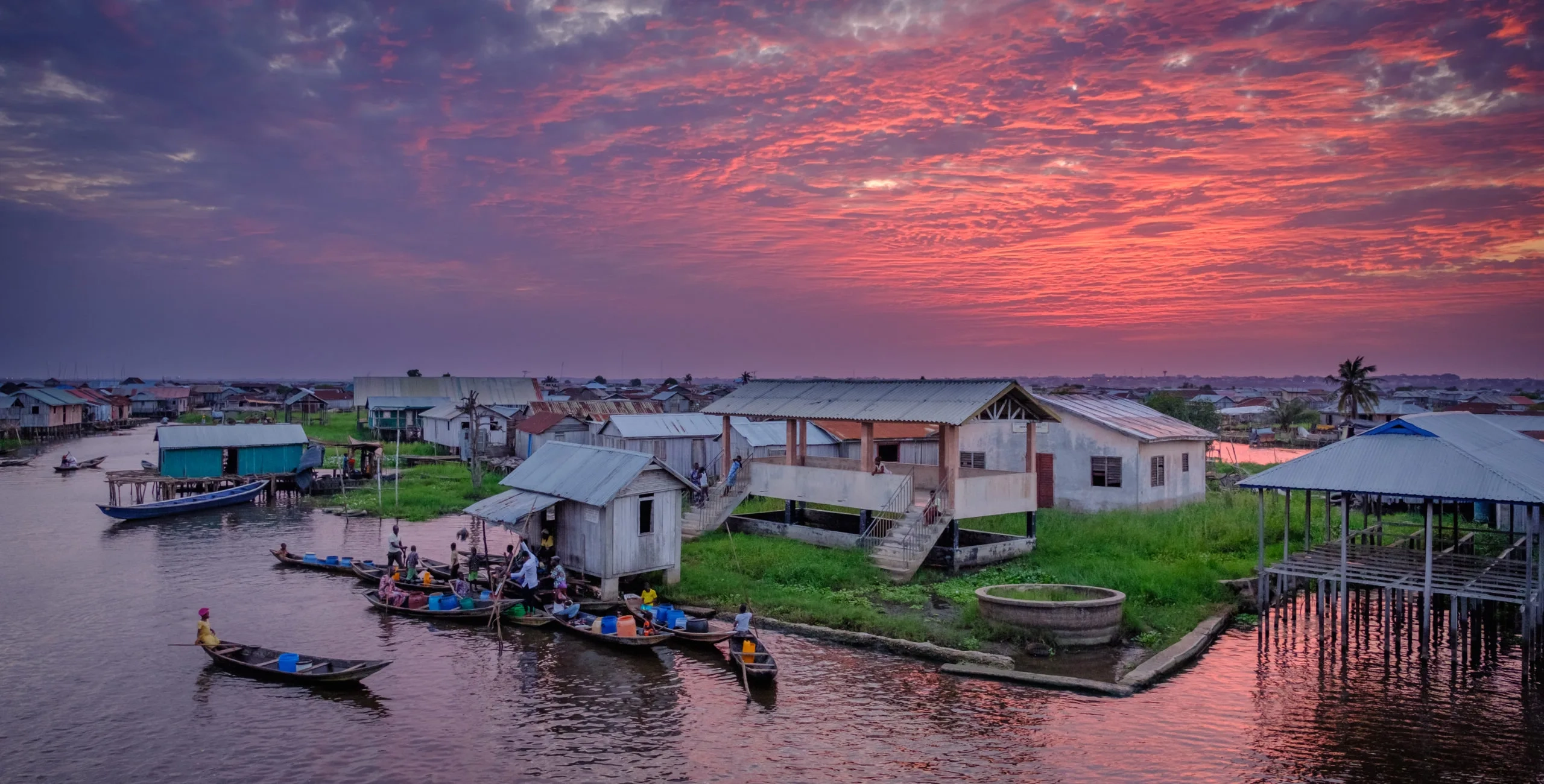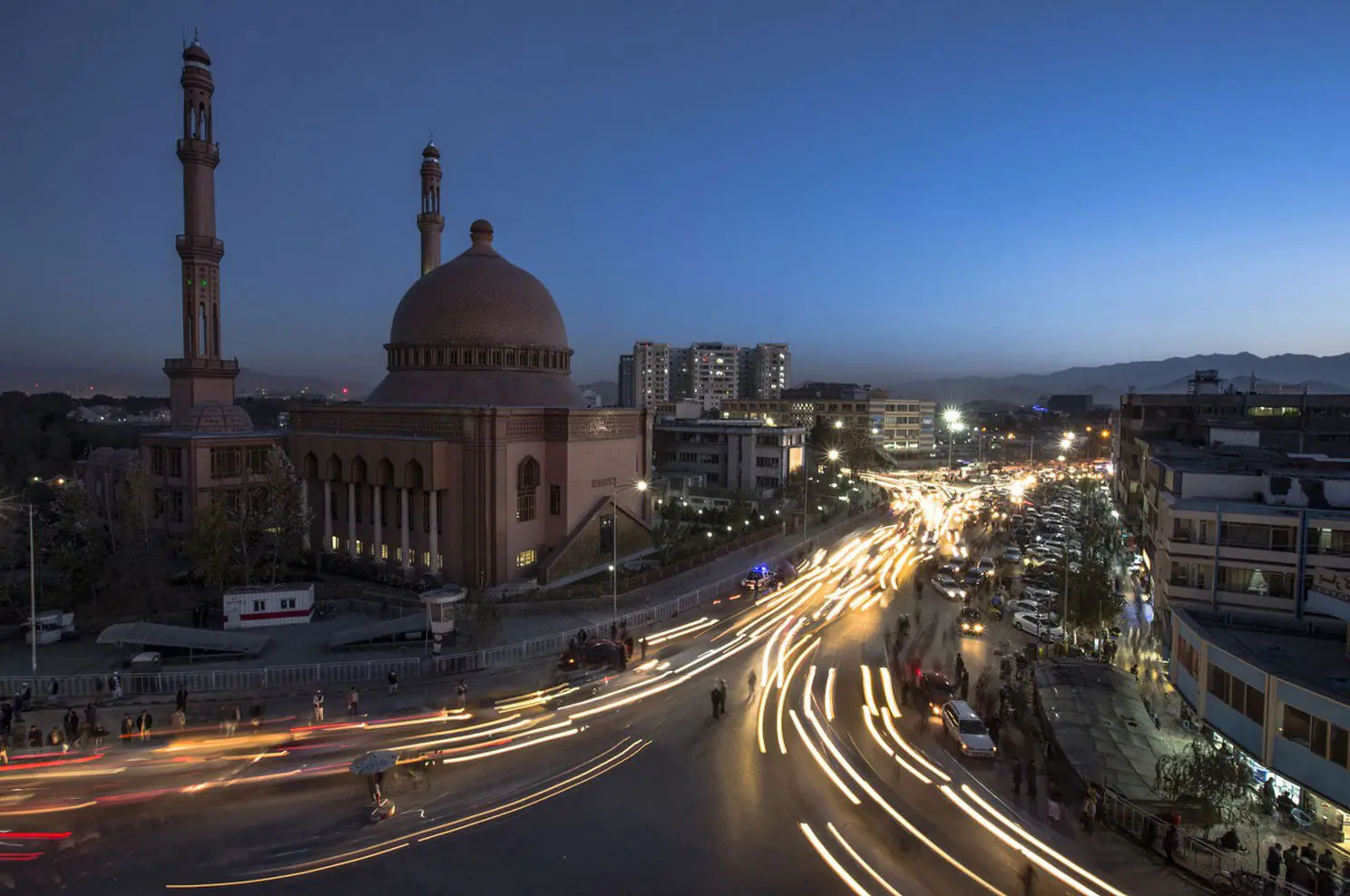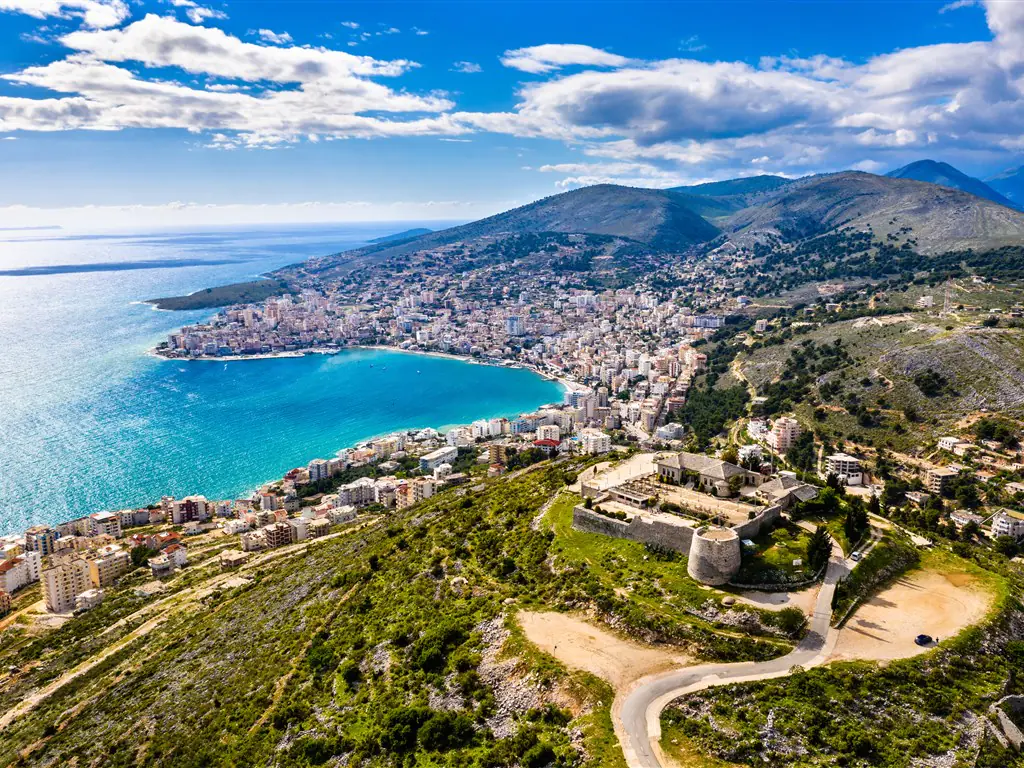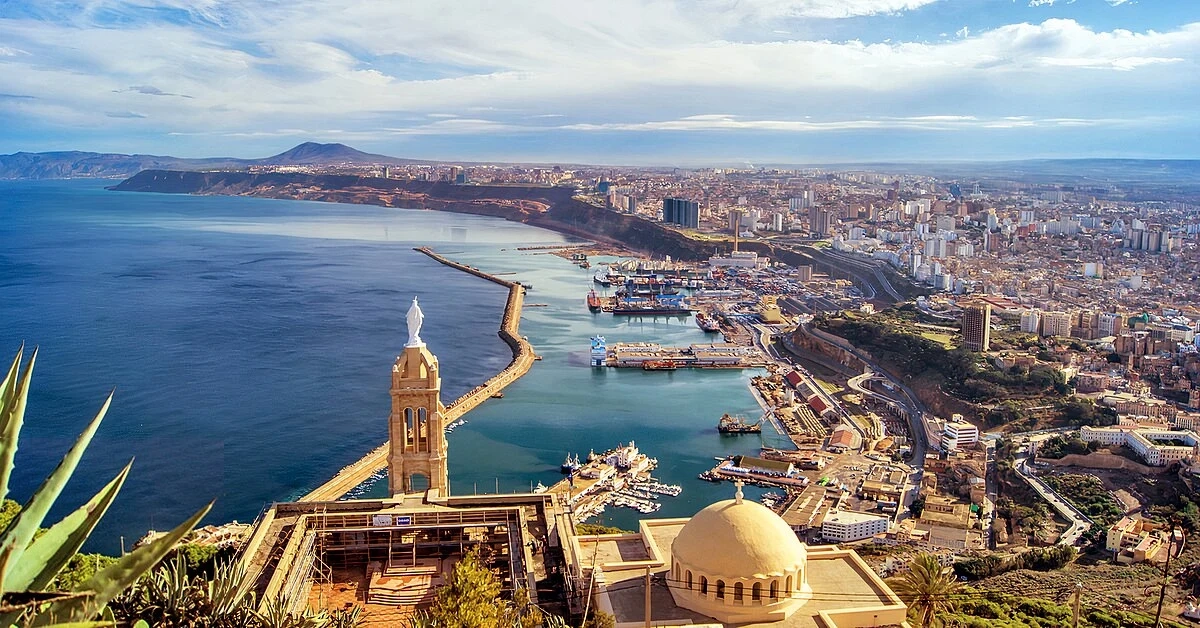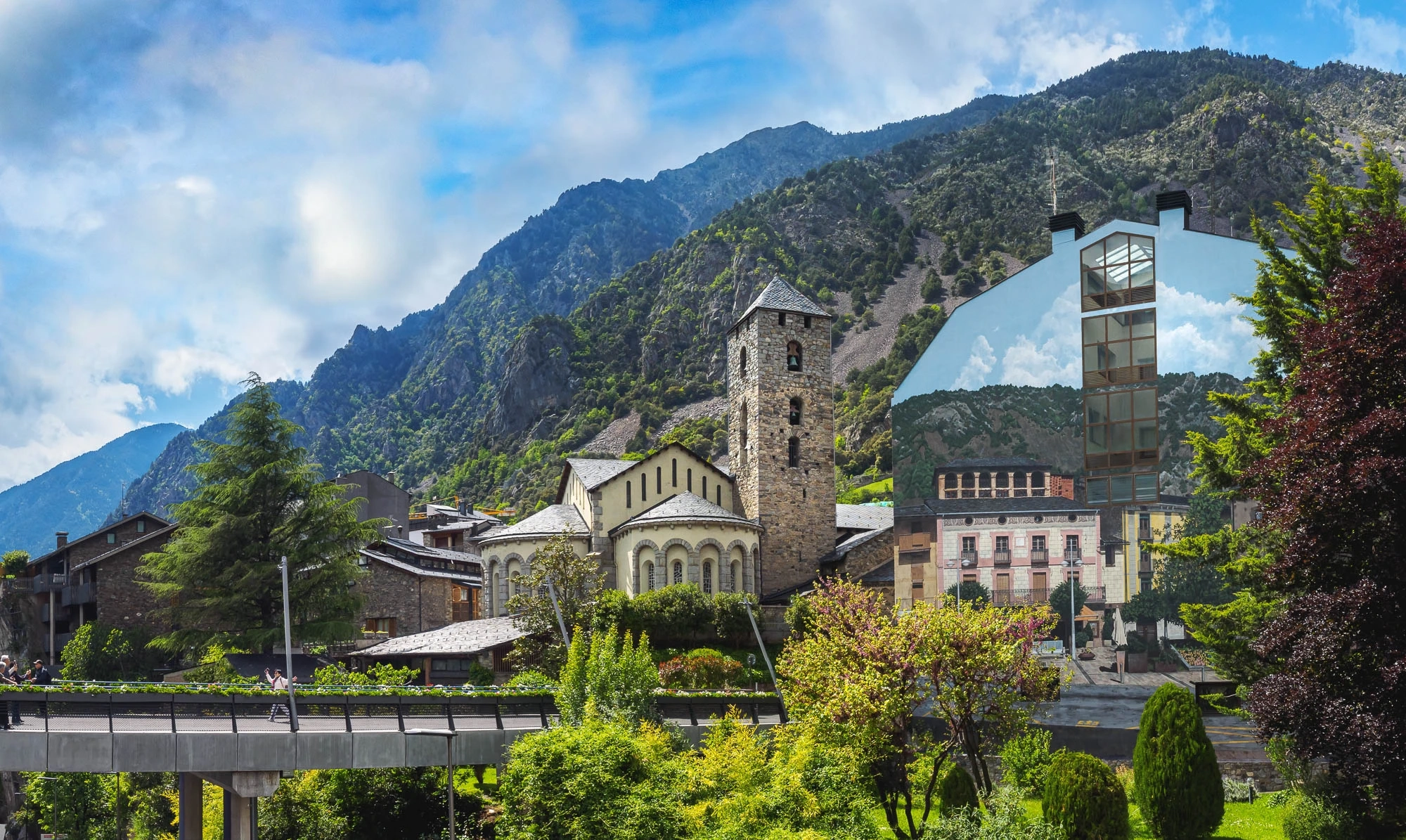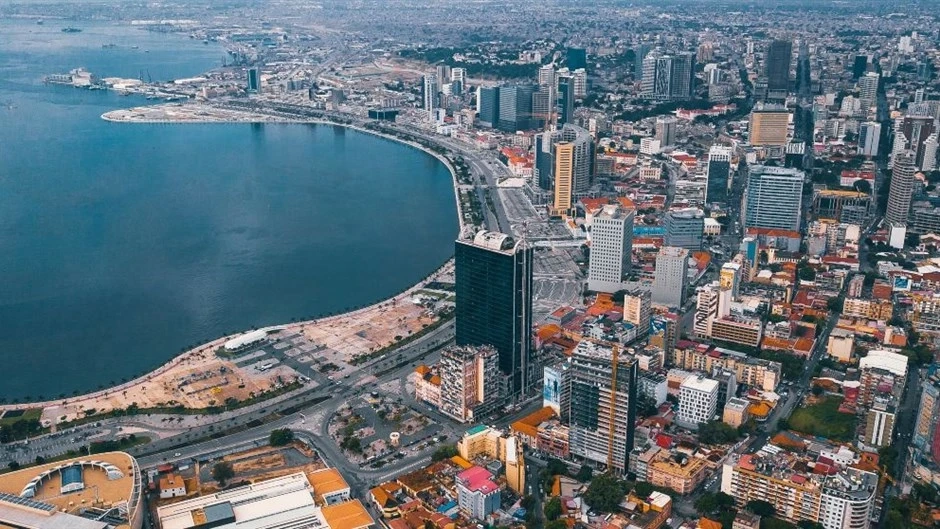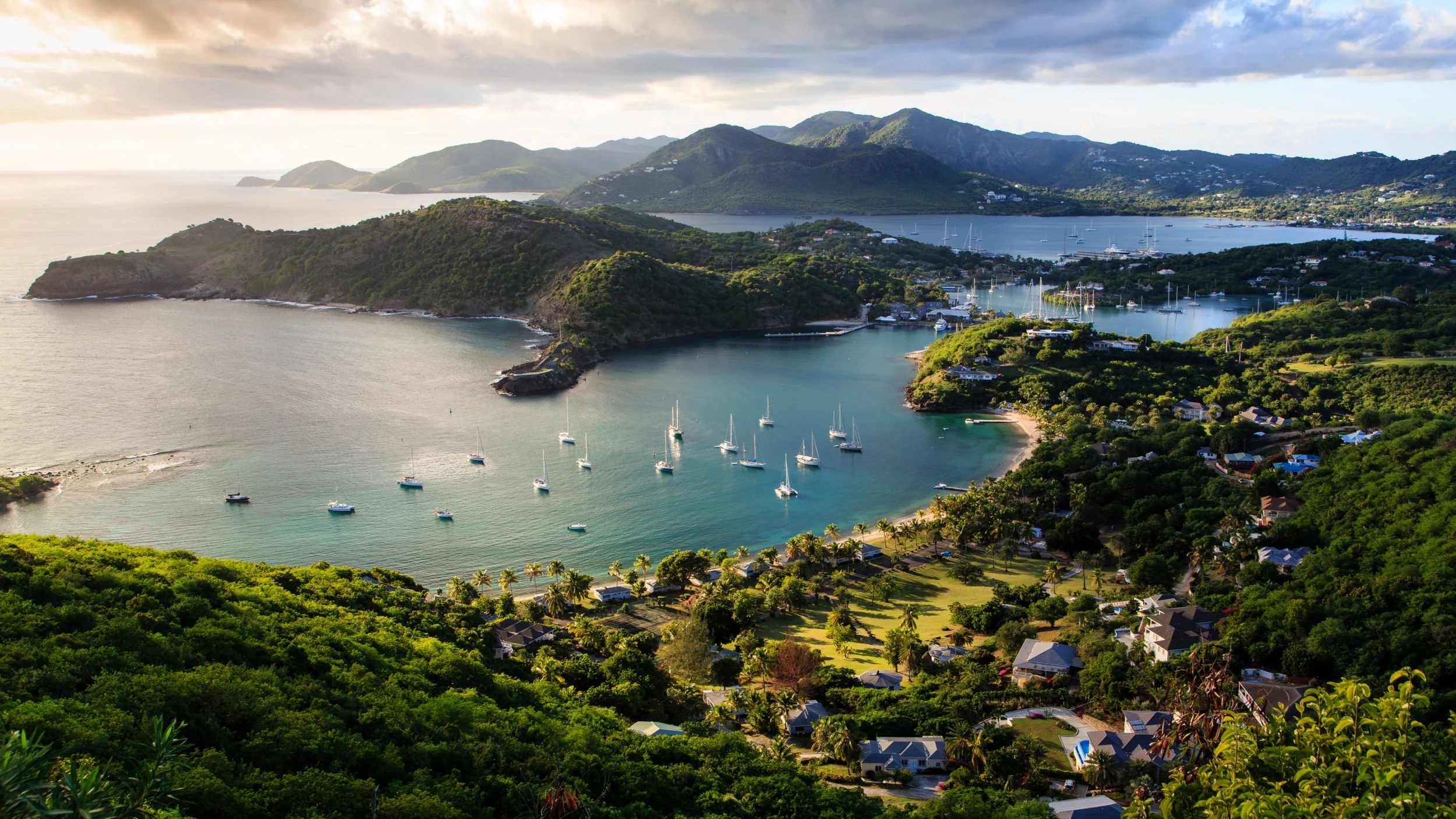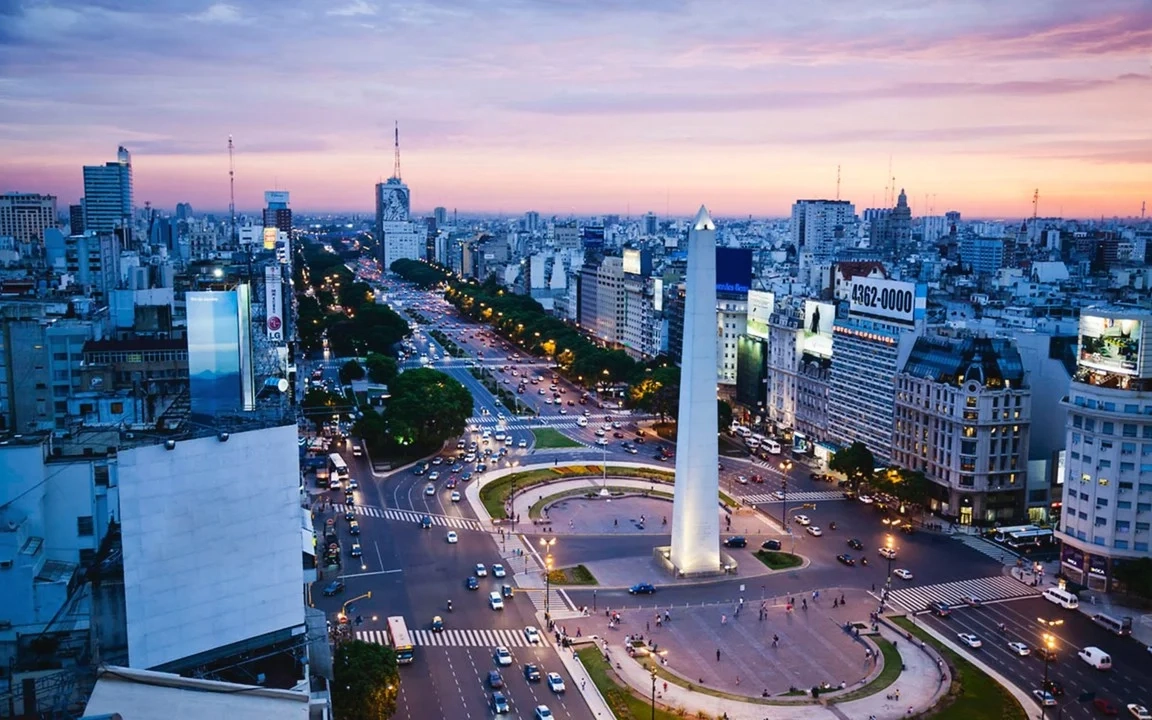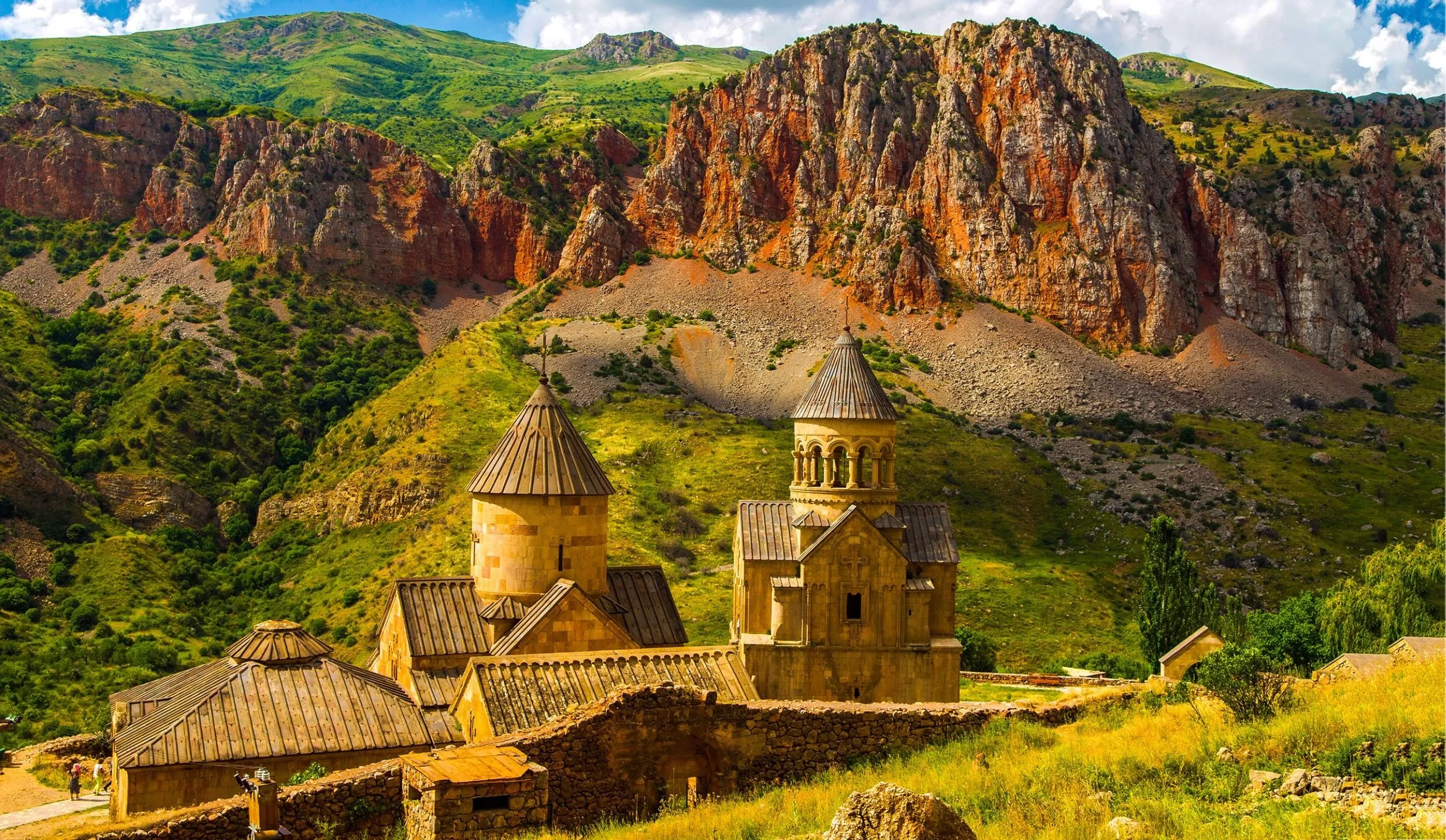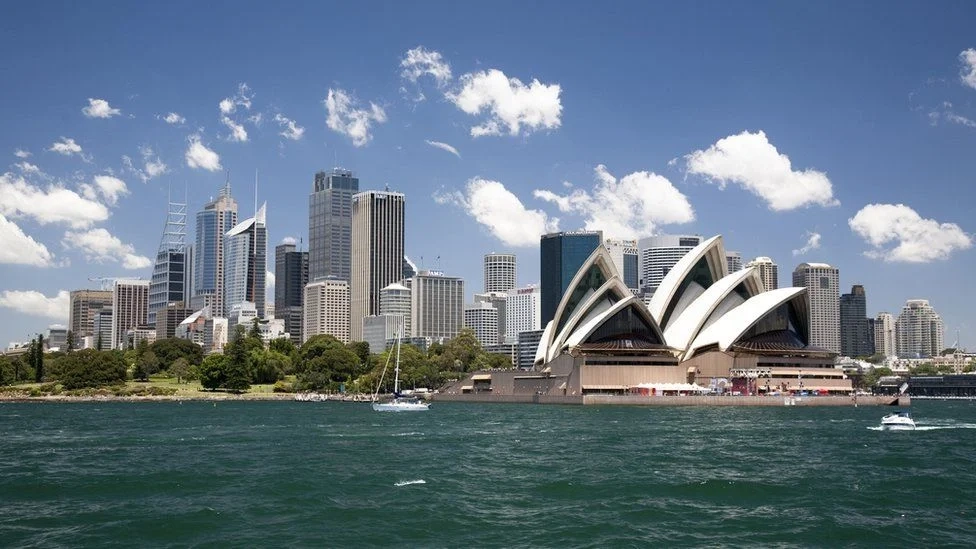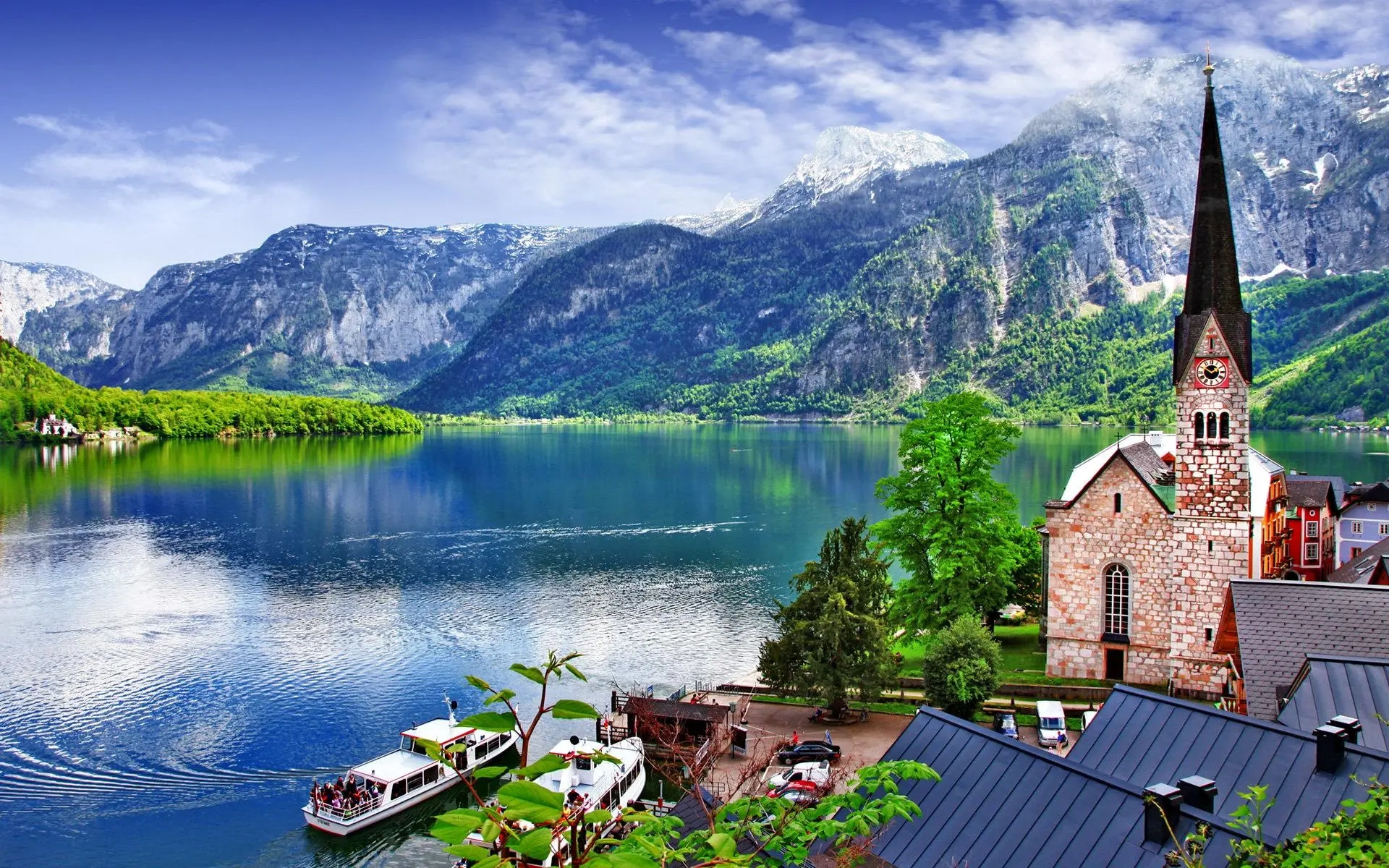1. Average cost of rent:
Housing options in Benin can range from traditional houses to modern apartments. The affordability of housing may depend on the city or region where you choose to live.
In cities such as Cotonou and Parakou, you can find many housing options. Renting an apartment or house is a common practice for both foreigners and locals.
- Monthly rent for a basic apartment: from 130 euros to 430 euros
- Monthly rent for an average apartment: from 340 euros to 860 euros
2. Health care
Medical services in Benin are gradually improving, but there may be differences in quality and accessibility between urban and rural areas.
Large cities such as Cotonou and Parakou have better equipped medical facilities and hospitals, but rural areas may have limited access to healthcare.
It is advisable to have comprehensive health insurance to cover medical expenses and possible medical evacuation, especially in case of serious emergencies.
- Visit to a doctor (private): from 25 EUR to 45 EUR
- Basic medical insurance (per month): 15 EUR to 25 EUR
3. Food:
- Dinner in an inexpensive restaurant: from 3.50 EUR to 7 EUR
- Lunch for two in a mid-range restaurant: from 17 EUR to 35 EUR
- 1 liter of milk: 1.30 EUR
- A loaf of bread: 0.60 EUR
- 1 kg of rice: 1.30 EUR
4. Utilities:
Basic utilities (including electricity, heating, cooling, water and garbage collection) for an 85 m2 apartment: 70 EUR to 115 EUR per month
Pros:
- Cultural richness: Benin is known for its diverse cultures, traditions and colorful festivals. Living here gives you the opportunity to immerse yourself in a rich cultural canvas.
- Cost of living: The cost of living in Benin is generally lower than in many Western countries, making it an affordable place to live.
- Beautiful landscapes: Benin offers a variety of landscapes, from beaches along the Atlantic coast to dense forests and wildlife reserves in the north. Nature lovers can find a lot of interesting things here.
- Warm climate: A warm tropical climate prevails throughout the year, making this country attractive to those who prefer sunny weather.
- Language opportunities: Benin is a multilingual country, and residents have the opportunity to learn and practice several languages, including French, Fon, Yoruba, and others.
Cons:
- Healthcare challenges: Despite some improvements, healthcare services in Benin may not meet international standards. Access to quality healthcare may be limited in rural areas.
- Infrastructure: The country's infrastructure, including the road network and public services, may be less developed than in Western countries, leading to problems in transportation and public services.
- Language barrier: Although French is widely spoken, communication can be problematic for non-native speakers. In some regions, it may be necessary to learn and use local languages.
- Economic challenges: Benin is characterized by economic inequality and issues such as unemployment and poverty, which can affect the quality of life for some residents.
- Security: While Benin, like any other country, is not characterized by widespread violence, there are occasional security incidents, so it is important to be aware of the local security situation.
1. Cotonou: As the largest city and economic center of Benin, Cotonou offers a wide range of amenities including shopping centers, restaurants and international schools. It is known for its vibrant nightlife, cultural festivals and beautiful beaches on the Atlantic coast.
2. Porto Novo: As the political capital of Benin, Porto Novo has a more relaxed atmosphere compared to Cotonou. It is rich in history and culture, with many museums and historical monuments. The city has a slower pace of life and is ideal for those looking for a more relaxed environment.
3. Parakou: Located in the north of Benin, Parakou is an important commercial and transportation center. It is known for its lively markets, colorful street life and is the gateway to the northern regions of the country.
4. Natiting: Located in the Atacora region, Natitingu is known for its proximity to the traditional houses of Tata Somba, a UNESCO World Heritage Site. It offers a more rural and traditional lifestyle for those interested in exploring Benin's cultural heritage.
5. Bohicon: This city is known for its bustling market, the Dantokpa Market, and serves as a trade and transportation center in central Benin. It is a great place to experience the local culture and markets.
1. Although French is the official language, knowing basic French will be useful in everyday life. Consider taking a language course to improve your communication skills.
2. Ensure you have comprehensive health insurance that covers medical expenses in Benin and possible medical evacuation. Access to quality medical care can vary, so having adequate insurance is crucial.
3. Learn and respect local culture, traditions and customs. Understanding and adapting to local customs will help you integrate more effectively.
4. Be aware of the local security situation. Follow safety precautions and register with your embassy or consulate if necessary.
5. Familiarize yourself with the local currency (West African franc CFA) and banking system. Consider opening a local bank account for financial transactions and develop contingency plans to manage your finances.
